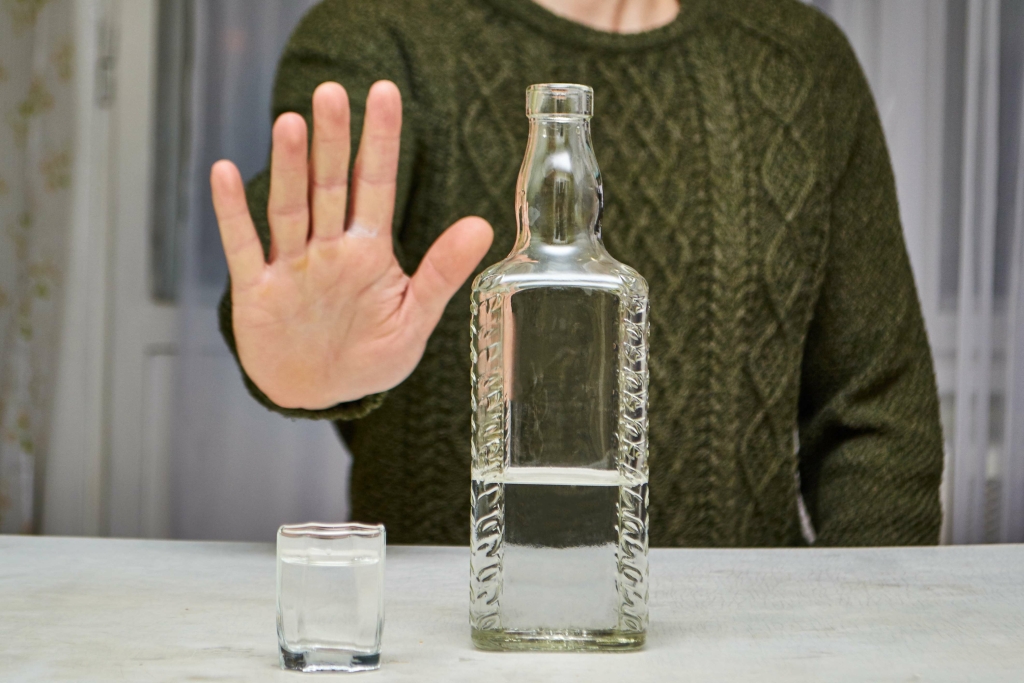- December 27, 2021
- 0
Contact us today to see how we can help you or your loved one begin recovery. There are also several steps you can take to improve your quality of sleep and quality of life. Some you can adopt on your own, and some are under the supervision of a health professional.
- That’s because alcohol disrupts what’s known as your sleep architecture, the normal phases of deeper and lighter sleep we go through every night.
- So drinkers often feel groggy and unrested even after a long night of ‘drunken’ slumber.
- This article will use the terms “male,” “female,” or both to refer to sex assigned at birth.
- It therefore has the unique ability to help you feel relaxed and upbeat at the same time.
- Finding ways to cope with insomnia and other sleep issues is important since poor sleep can be a risk factor for alcohol relapse.
- Remember, understanding what’s happening to your sleep when you quit alcohol is half the battle.
Top 6 Bedtime Mocktails for Sleep

Once your body has built up a physical dependence upon alcohol, called tolerance, and alcohol use stops, withdrawal symptoms will occur. Symptoms can range from mild to severe, can’t sleep without alcohol and frequently include insomnia and other sleep disruptions. Research shows alcohol often has a detrimental effect on your ability to access high quality, deep sleep.
Other Benefits When You Stop Drinking
It’s always important to self-analyse and honestly assess your behaviours. When it comes to alcohol and sleeping, it shouldn’t be difficult to recognise if the two things have become inextricably linked. Go on frequent walks, run errands, and chat with your family and friends, leaving the night solely for sleeping. Regardless of the cause, figuring out the root of the issue will help you develop other methods to fall asleep.
Can’t Sleep Without Alcohol? Here’s What to Do.

People in alcohol recovery take a long time to fall asleep, have problems sleeping through the night, and feel that their sleep is not restorative. Unfortunately, recovery and abstinence are more challenging if you aren’t able to get enough good-quality sleep. Difficulty sleeping, particularly when a person feels that they can’t sleep sober, may increase the risk that they will relapse.
- Sleep disturbances are extremely common in the early stages of recovery from alcohol dependence and may persist for several months despite continued abstinence.
- It fades away, along with the anxieties and feeling of dependency.
- But research shows sleep fragmentation from alcohol use can last one to three years after you quit drinking.
- Alcohol misuse can lead to serious health problems like liver disease and cancer.
- This is because alcohol can cause fatigue and decreased motivation, so when you stop drinking, you may find it easier to get things done.
- Alcohol interferes with the brain’s ability to receive chemical messages involved in breathing, which decreases the body’s respiratory drive and increases the likelihood of pauses in breathing.
Understanding Why You Can’t Sleep After Quitting Alcohol
It’s true, sleep may happen more quickly after consuming a drink or two. Alcohol often does reduce sleep onset latency—the time it takes to fall asleep. Depending on how much alcohol is consumed, however, what seems like falling asleep may be something closer to passing out. And we quickly build a tolerance for the sedative effects of alcohol, which means you may need to https://ecosoberhouse.com/ drink more to have the same initial sleep-inducing effects. The mental health changes you experience when you stop drinking can include symptoms of withdrawal, difficulty sleeping, irritability, mood swings, and clearer thinking. While some of these changes can be uncomfortable for some time, they will eventually begin to improve the longer you abstain from alcohol use.

As we bid goodbye to alcohol, our bodies fight to restore equilibrium. This biological phenomena catalyzes an overproduction of certain chemicals in the brain that were previously suppressed by alcohol. If this is the case, try to find some relaxing way to ease your mind when you go to bed. Some people also find journaling helps them to reduce feelings of anxiety.
At first, it’s not going to be easy to change the routine, but over time, you’ll develop a healthier schedule which doesn’t rely on booze. If you struggled with things like restless leg syndrome, snoring, or sleep talking, there may be a sleep disorder at the heart of your problem. As with most habits, getting over a period of trouble sleeping without alcohol is all about making some changes to your routine. This means you’ll probably end up running to the bathroom more often during the night. Alcohol can make you sleepy initially, by influencing your brain function. However, booze also has a significant impact on your sleep pattern.
- If you have an alcohol abuse problem, you may take longer to fall asleep and get less REM and sleep overall, both when drinking and when in withdrawal.
- Instead, go for a light healthy snack like a piece of fruit or Greek yogurt.
- In cases of excessive, long-term alcohol use, more severe symptoms such as confusion, and convulsions may occur.
- July 5, 2021
- Sober living





